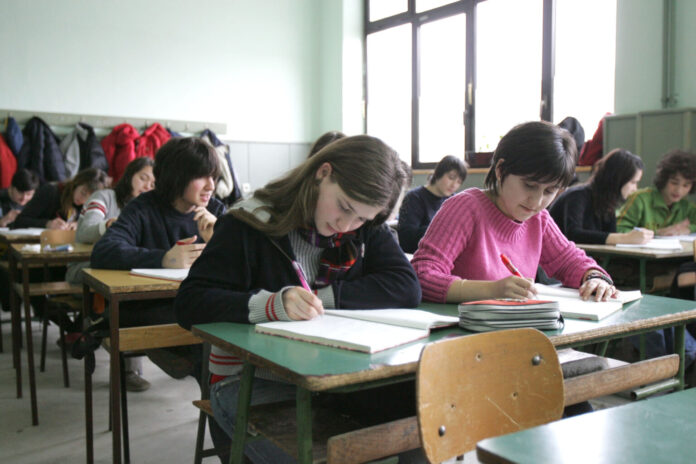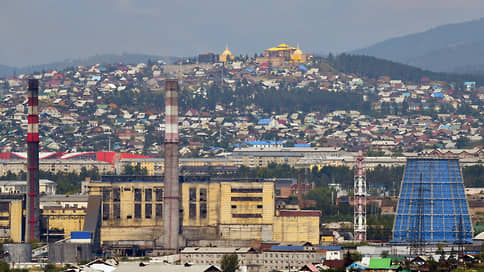Ngugi wa thiong’os power is glowing

Ngugi Wa Thiong’o was a writer who never closed himself in his authorship, but on the contrary, it opened on the gable to the outside world. For almost half a century, he was a burning advocate for African writers to write in his own mother tongue. His own life was made up of novels, short stories, memoirs, drama and essays.
Ngugi Wa Thiong’o was born in 1938 in Kenya. He debuted in 1964 with « Weep Not, Child » which was the first novel published in English by a writer from eastern Africa. And the following year, in 1965, came the « river between the mountains » which became the first in the order where Thiong’o devotes his stories to the Gikuyo people, something he then continued with two years later in « If not the wheat grain ».
The large turning point In Ngugi Wa Thiong’o’s life and authorship came in 1977 when the novel « A Flower of Blood » was released in Kenya. It contained sharp criticism of what happened after the country’s independence in 1963. The new leaders were quickly corrupted, and the whole system rotted from the beginning.
In the same year, together with writer colleague Ngugi Wa Mirii, he wrote a drama in his native language Gikuyu. The play « I Will Marry When I Want » was erected by farmers in Ngugi Wa Thiong’o’s hometown of Kamirithu and became a great event.
Then the authorities struck. On New Year’s Eve police stormed his house, imprisoned him and at the same time picked books from his bookshelf. They took everything from Marx, Engels and Lenin and seized 25 copies of the perpetual theater play. The authorities then held him imprisoned for a year without trial. He has described the time in prison in « Detained. A Writer’s Prison Diary ».
With that event Broken Ngugi Wa Thiong’o with his Western adapted storytelling style and wrote in the prison « The Devil on the Cross ». There he applies his new model: to write in the mother tongue, to incorporate the oral storytelling forms into his literature. He repeats words and sentences, pauses, borrows moments of songs. With the novel, he also begins to pursue a clear political struggle against violence and oppression.
It was a novel written on toilet paper, without the possibility of an overview. To write a whole book in this way he has afterwards described as « romantic and unreal ». In addition, the text was seized at the end of the prison stay.
He has a strong and deep sense of people’s innermost dreams.
When Ngugi was released, the cruel dictator Moi was president. In 1982, at a conference in London, he found out that there were plans for him to be arrested upon returning home. Ngugi Wa Thiong’o then stayed in London, which became the beginning of a lifelong exile. Between 1985 and 1986 he lived in Stockholm where he went to the Dramatic Institute and studied film, and had a son, Björn Lannö. He had a total of nine children, several of them have become active as a writer.
1986 wrote Ngugi Wa Thiong’o The groundbreaking essay collection « Decolonizing the Mind » which had a major impact in all contexts where issues of postcolonization were discussed. Not least in the United States. He meant that one would « decolonialize consciousness » through « the politics of language ». He also identified early burning issues that would attract great interest much later. In the gripping novel « The River between Bergen » he problematizes the circumcision as an idea and practice.
What characterizes and really attracts with Ngugi wa Thiong’o, not least in his early work, is that he has a strong and deep sense of people’s innermost dreams. Sometimes possibly naively depicted, but with defiant power, energy and legal pathos. From the first moment he gets nerve in his stories despite the fact that they easily see the intention and message. His storytelling power is strong and doubtless. Cross and blunt, rather than sophisticated, but glowing of life.

In the book « The Perfect Nine » (2020), also written on Gikuyu and published in Kenya 2018, he recounts the Gikuyu myth where all good virtues-beauty, personal courage and mercy-embodied. It was nominated for the International Booker Prize.
Life throughout the Ngugi Wa Thiong’o emphasized the importance of the African literature being embodied in the domestic languages if it is not to fade away. Most in the West well -known African writers write in English.
But he was stiff: crucial to the young African authors are the African languages. « They have to decide on the question of the African languages, even if they now write in English, » he wrote. If the languages are to survive, they must be in the literature. «




/s3/static.nrc.nl/images/gn4/stripped/data133007026-70745d.jpg)



